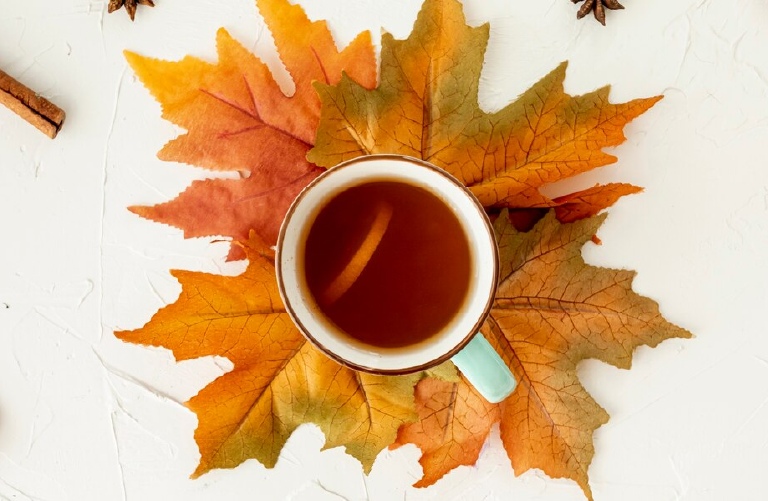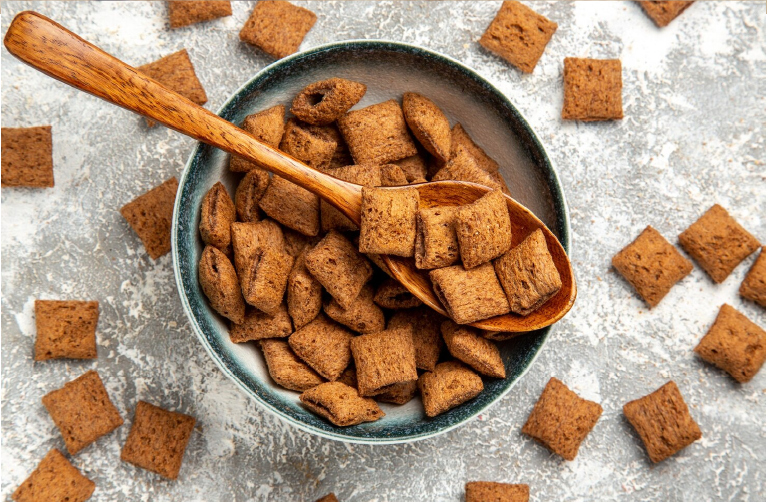
Honey is a versatile sweetener with numerous health benefits. It enhances browning and adds moisture to recipes. Although it contains fewer calories and less fructose and glucose than white sugar, diabetics should still use it sparingly. Experiment with different ratios of honey to sugar in your recipes to find the perfect balance.
Maple syrup, while still high in sugar, is rich in antioxidants, calcium, iron, and potassium. With a glycemic index of 54, it's friendlier to blood sugar levels than table sugar (GI of 65). Use it minimally to reduce sugar consumption by about 33%. Try adding a touch to homemade dairy-free milk for natural sweetness.
Opt for unsweetened applesauce or make your own to enjoy fewer calories and increased fiber intake. Applesauce can also serve as an excellent egg substitute in baking, making it a dual-purpose ingredient for healthier recipes.
Bananas, figs, dates, and raisins are great low-sugar diet options. Bananas offer fiber and potassium, while figs and dates provide essential minerals like calcium and iron. Frozen bananas can be added to smoothies for natural sweetness and a creamy texture.














